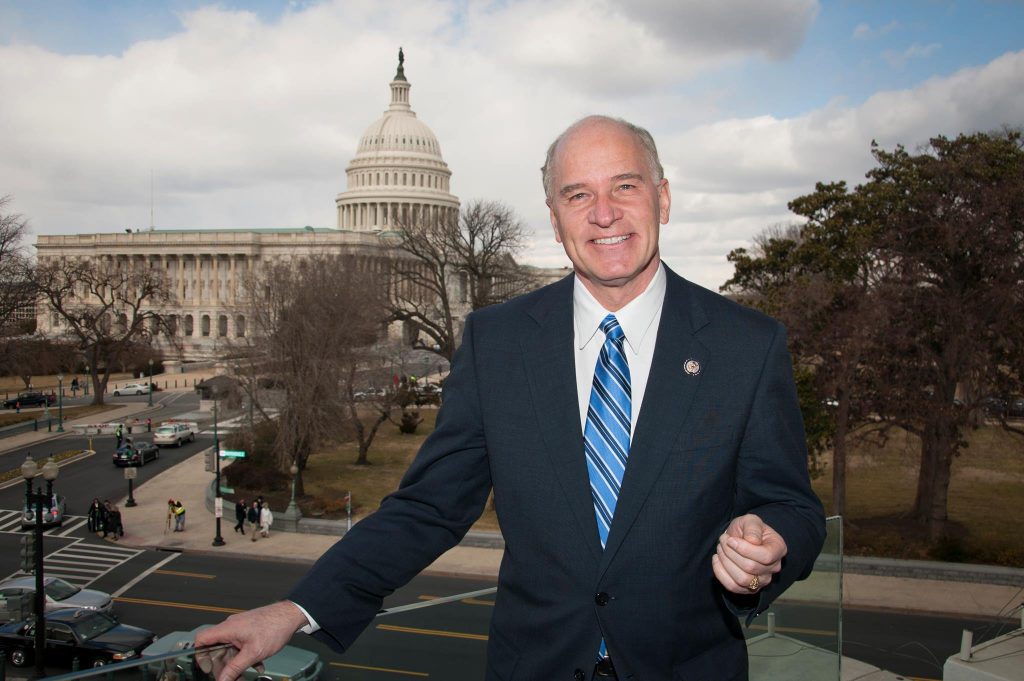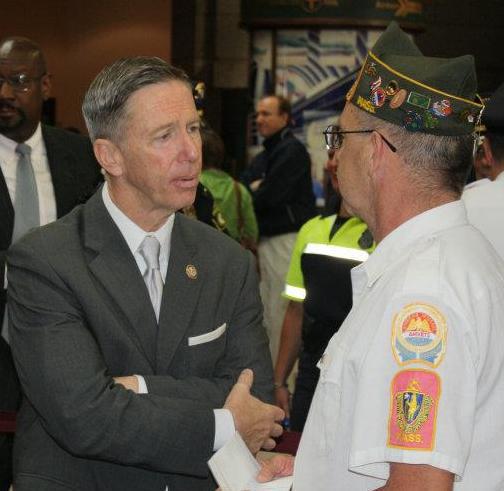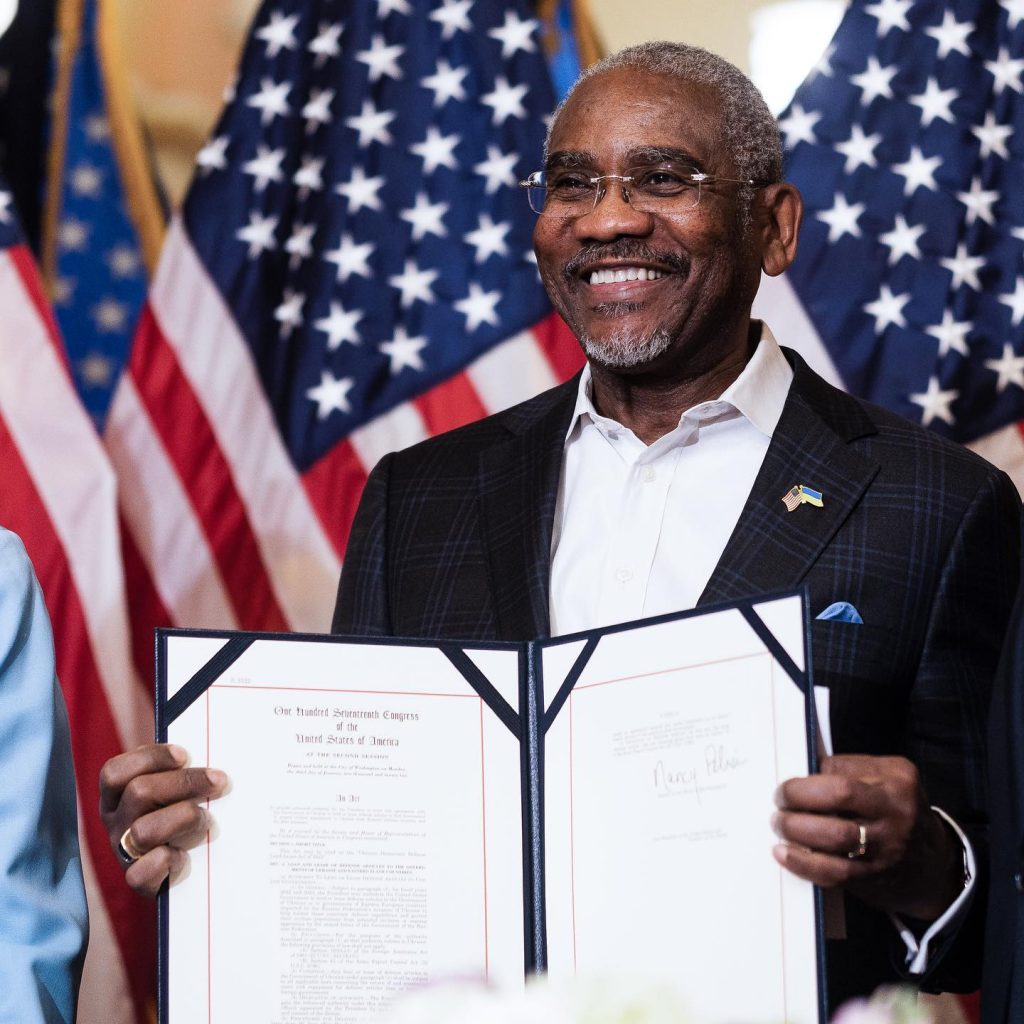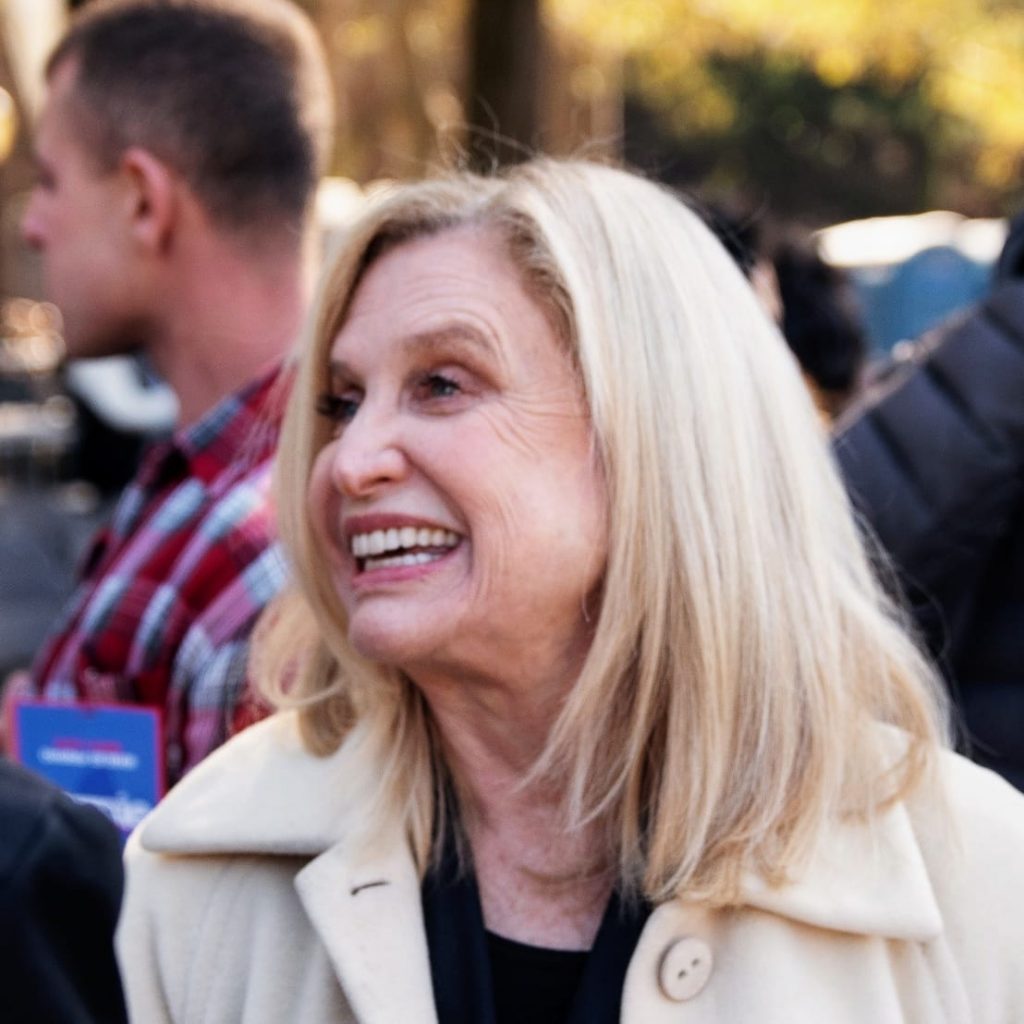It’s been a few months now since the Russian-Ukraine conflict began, and while news of it may not dominate the headlines as much as before it should be made clear that it’s definitely still ongoing. Social media has become a big part of the conflict too, with Russia having suspended Instagram and TikTok for instance while also labelling Meta as an extremist group.
The latest government to take action on social media companies is now the US Congress. Specifically, Congressmen Bill Keating, Stephen F. Lynch, Gregory W. Meeks and Congresswomen Carolyn B. Maloney are calling for Meta, Twitter, YouTube and TikTok to preserve and archive the content shared on their platforms that could potentially be used as evidence of Russian war crimes and crimes against humanity in Ukraine.


While they acknowledge that these social media platforms are doing the right thing by removing graphic content to protect their users, they note that they want to ensure they do not accidentally permanently delete content that could be used as evidence against Russia. They are especially concerned by the processes in which these social media platforms take down and block such content, which typically involves some measure of an AI-powered automated system.


As they state in letters to the CEOs of Twitter, TikTok, Meta and YouTube:
“Often, images and videos of these despicable acts and their aftermath have been recorded and shared on social media platforms, including YouTube, TikTok, Twitter, Facebook and Instagram.
If verified as authentic, this content could provide the U.S. government and international human rights investigators with a trove of evidence that would help to substantiate allegations of war crimes and other atrocities committed by Russian forces against the people of Ukraine,” – Rep Maloney, Meeks, Lynch and Keating, Members of US Congress
On top of asking these social media platforms to preserve and archive any possible content providing evidence of war crimes and human rights violations in Ukraine, these Members of Congress also want these platforms to engage with international human rights monitors and civil society organisations and to provide additional transparency on how they use automated systems to flag and take down content violating their policies. They also want these social media platforms to implement a method to flag and mark content that may contain potential evidence of war crimes and other atrocities at play.
[ SOURCE, IMAGE SOURCE 2 ]








